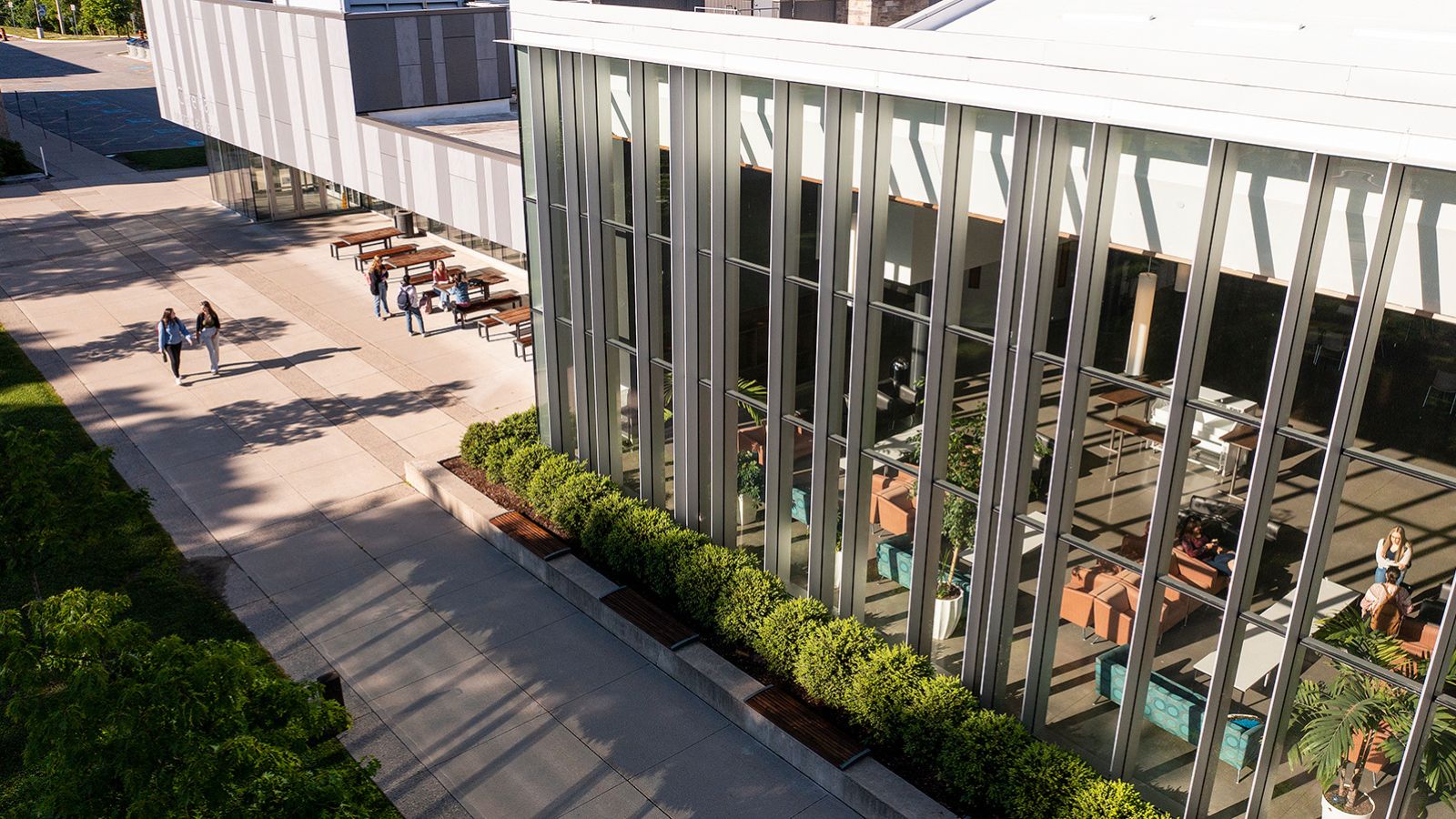
Experiential Learning

“Tell me and I forget. Teach me and I remember. Involve me and I learn”. Benjamin Franklin
Experiential Education (EE) is the broader institutional philosophy and practice that guides our work in developing practical, structured and meaningful learning experiences.
Experiential Education was built from Kolb’s Experiential Learning Theory (Kolb, 1984) and is represented by a four-stage learning cycle in which the learner goes through “the process whereby knowledge is created through the transformation of experience” (Kolb, 1984, p.38). The four-stage learning cycle includes Concrete Experience, Reflective Observation, Abstract Conceptualization and Active Experimentation. Effective learning happens when one progresses through the four-stage cycle. It is possible to enter into the learning cycle at any stage. However, to be effective, students must go through and achieve each stage of the cycle.
Kolb's Experiential Learning Theory Four-Stage Cycle

*Figure adapted from Kolb's Experiential Learning (1984).
To learn more about Kolb’s Theory, please visit the following references:
Kolb, D. A. (1984). Experiential Learning: Experience as the course of learning and development (Vol. 1). Englewood Cliffs, NJ: Prentice-Hall.
Kolb, A. Y. & Kolb, D. A. (2013). Kolb's Learning Style Inventory 4.0. Experience Based Learning Systems Inc.
Experiential Learning (EL) is defined as the specific techniques or mechanisms that an individual can implement to acquire or meet learning goals (Roberts, 2012). EL refers to learning-specific categories of the experience types or when discussing students in the learning process.
Brescia's Definition and Practices for Experiential Learning
At Brescia, we have developed a definition and set of practices for Experiential Learning that were adapted from the Association for Experiential Education (AEE) and tailored to our mission, vision and values.
Brescia's Experiential Learning Definition |
| Experiential learning, in combination with reflection1 or critically reflexive practice2, is a pedagogy that bridges theoretical and conceptual learning with practice-based experiences across multiple disciplines and settings and inside or outside of the classroom. Experiential learning empowers Brescia students to “learn by doing”; apply and further develop practical and employment-related skills; and transform and enrich, their knowledge through meaningful experiences. Through active engagement in their communities, Brescia students develop their identities as women leaders; make meaningful contributions to their communities; collaborate with faculty, staff and community partners3; and lead with wisdom, justice, and compassion in a changing world. |
Brescia's Experiential Learning Practices
- Kolb's Learning Cycle, Brescia Competencies and Learning Outcomes
- Graded Reflection or Critically Reflexive Practice
- Intentionally Structured Experiences
- Actively Engaged Students
- Developing connections among students, community partners and Faculty/Staff
- Community Partner Role
*Definition and practices adapted with permission from the Association for Experiential Education (AEE).
Ministry of Training, Colleges and Universities Guiding Principles for Experiential Learning
The Ministry of Training, Colleges and Universities (MTCU) established principles of Experiential Learning to help students obtain access to work-related experiences prior to graduation. MTCU want every student to have at least one Experiential Learning experience before they graduate. Below are the six MTCU guiding principles and how they are applied at Brescia. For an experience to count as Experiential Learning, you must meet all six principles.
| Ministry of Education’s guiding principles for Experiential Learning | How the Ministry guiding principles for student experiences will be applied at Brescia |
|---|---|
| The student is in a workplace or simulated workplace | ^ Allow for the application of learned knowledge and skills to a work environment, an environment that simulates a workplace or activities that students would encounter in a work environment. |
| The student is exposed to authentic demands that improve their employability, interpersonal skills, and transition to the workforce | ^ Students will engage in experiences that will enhance their interpersonal and professional skills for career planning and future employment. |
| The experience is structured with purposeful and meaningful activities | ^ Experiences will be meaningful to the student ^ Experiences will be structured with Faculty and Community Partner (where applicable) supervision. ^ Experiences will meet student learning outcomes. |
| The student applies university or college program knowledge and/or essential employability skills | ^ Students will apply theoretical and conceptual learning within practice-based settings. |
| The experience includes student self-assessment and evaluation of the students’ performance and learning outcomes by the employer and/or university/college | ^ Students will engage in grade reflection or critical reflexive practice. ^ Students will be evaluated by the Faculty and Community Partner (where applicable). |
| The experience counts towards course credit or credential completion OR is formally recognized by the college or university as meeting the five criteria above | ^ Students will receive recognition for their experiential learning experience for their curricular (credit) or co-curricular (non-credit) record. |
